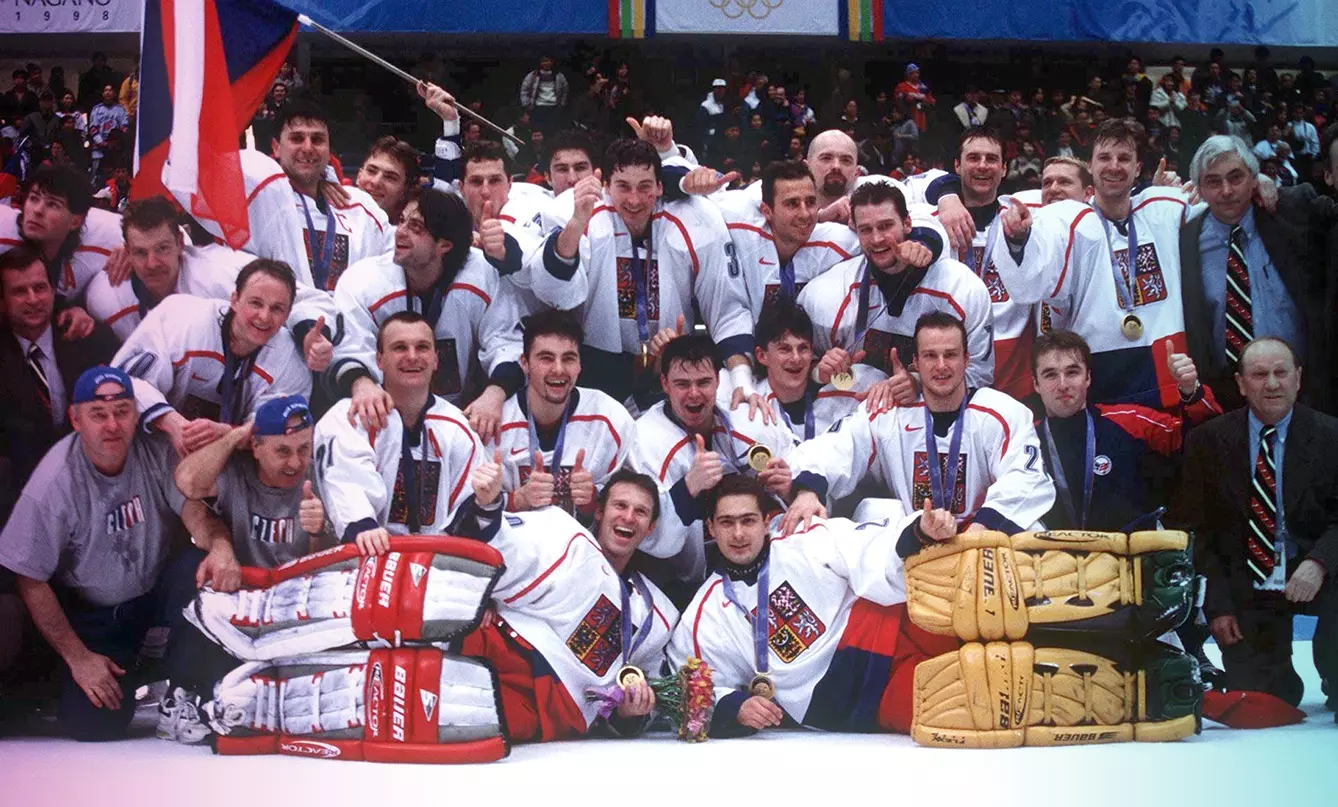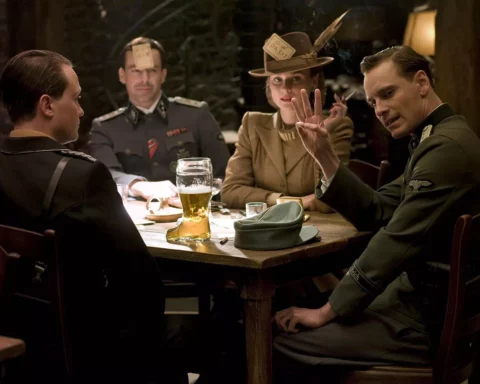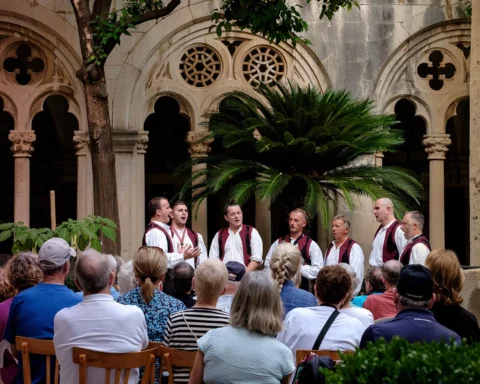For some odd reason, significant anniversaries in the history of the Czechia are strangely associated with the number eight.
Czech history has about forty of these fateful eights. This long series begins in 658 with the death of Samo, leader of the first recorded political union of Slavic tribes, known as Samo’s Empire, in today’s Czechia. The next very important fateful eight is the year 1108, the extermination of the Vrsovec family, a rival family of the reigning Premyslids. With this act, the hegemony of the Premyslids was cemented, making Bohemia a kingdom of pan-European importance. The whole series ended, for now, in 1998 when the ice hockey players won the gold medal at the Nagano Olympics.
Medieval Eights in Czechia
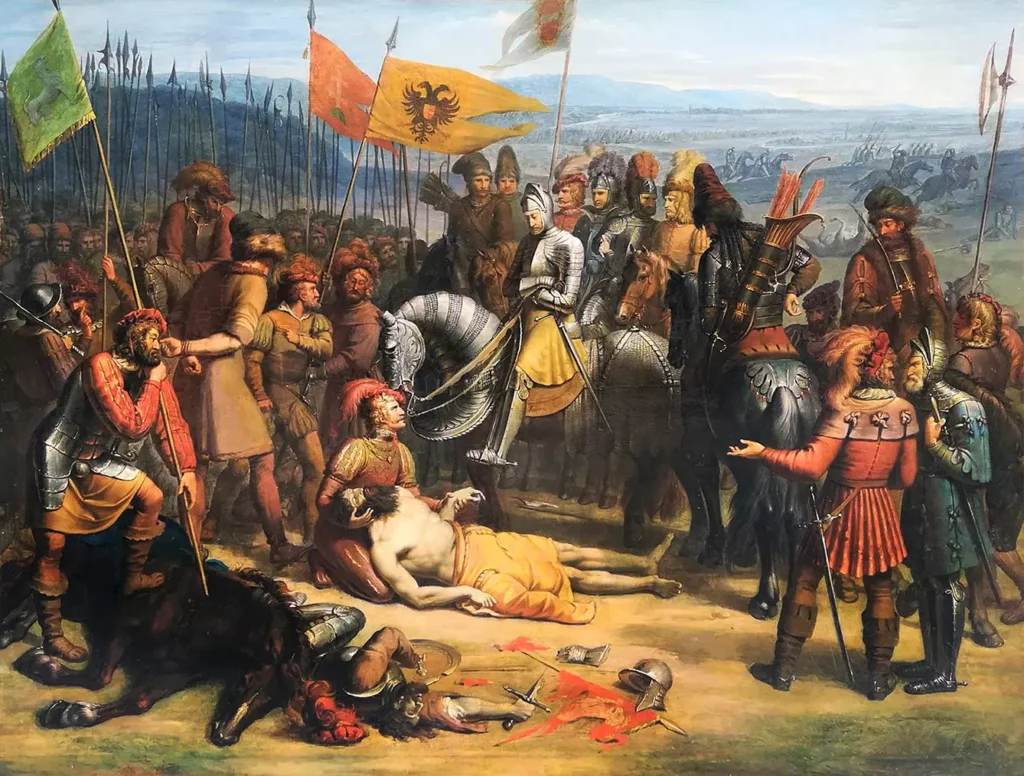
One of the most famous and important Czech Kings, Premysl Otakar II., died in 1278 during The Battle of Moravian Field. Seventy years later, in 1348, his grand-grand-grand-son Charles IV. founded Charles University, one of the most influential universities in Central Europe. He also initiated the founding of the New City of Prague. This action resulted in unprecedented city growth, later becoming a modern metropolis of European format.
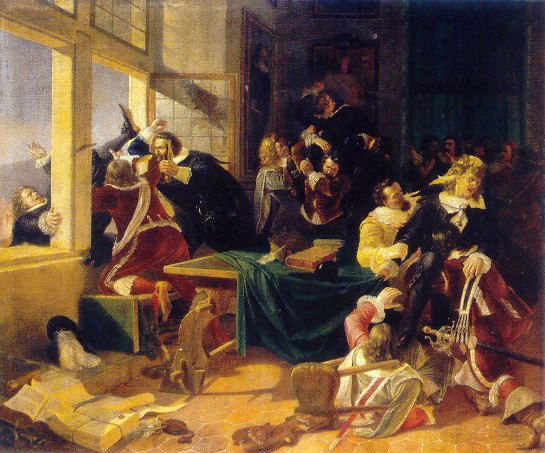
In 1448, Jiri of Podebrady, a Czech Hussite nobleman and military leader, seizes Prague and begins to exert a strong influence on Czech politics. Ten years later, in 1458, he was elected and crowned King of Bohemia. In 1618, the Second Prague Defenestration took place. Following the example of the Hussites, Czech revolutionaries threw Austrian Monarchy officials out of the windows of Prague Castle. That’s where the Thirty-year war began, in Prague. The war ended 30 years later, in 1648, with the last battles occurring on Czech territory.
Cheering or crying, there is always an eight
In modern history, we can mention the revolutionary year of 1848, when in Prague, as well as throughout Europe, student-armed riots took place. Another important date is 1868, commemorating the laying of the foundation stone of the Czech National Theatre in Prague.
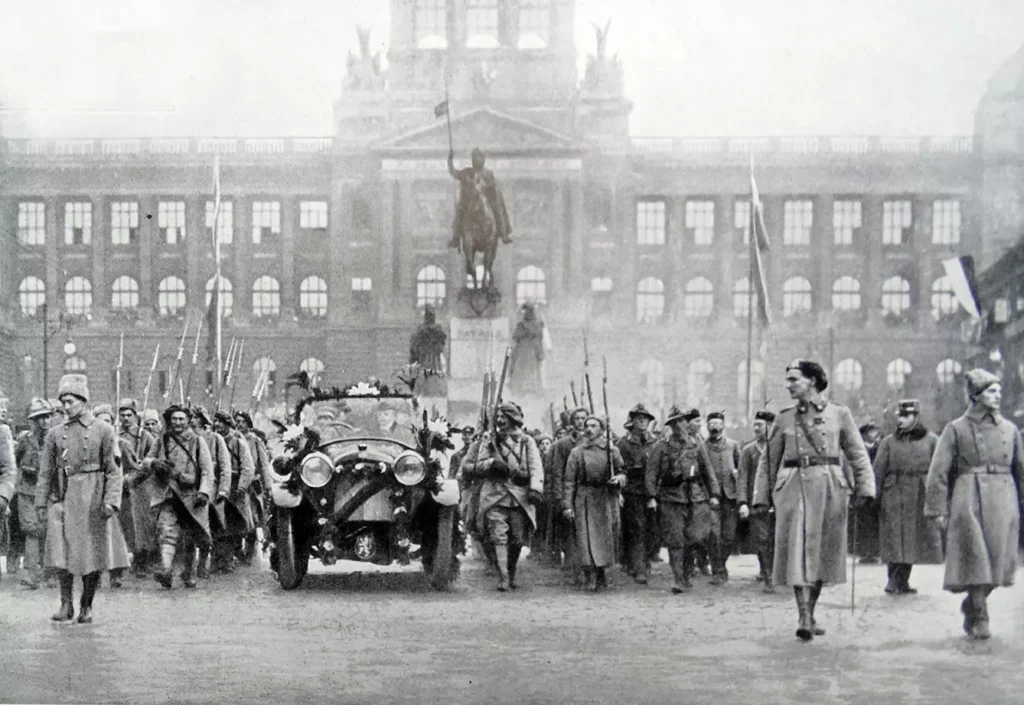
The most important date in Czech history is the year 1918, which marks the establishment of the independent Czechoslovak Republic under the leadership of President Tomas Garrigue Masaryk. Then in 1938 came the Munich Agreement and the occupation of Czechoslovakia by Nazi Germany. The year 1948 then marks a communist coup, which for many years plunged Czechoslovakia into the hands of Moscow. Similarly tragic is the year 1968 when the “allied” forces of the Warsaw Pact led by the Soviet armies invaded Czechoslovakia.
Unfortunately, the communist regime in Czechoslovakia did not fall until 1989, missing the great opportunity to fulfill the fatefulness of number eight in Czech history. But that is just the exception that proves the rule. Funnily enough, even the communists were superstitious. Historical documents prove that the communist regime increased the secret service and police activity in 1978 and 1988 for fear of the fateful eight.
Let’s see what the year 2028 will bring.


